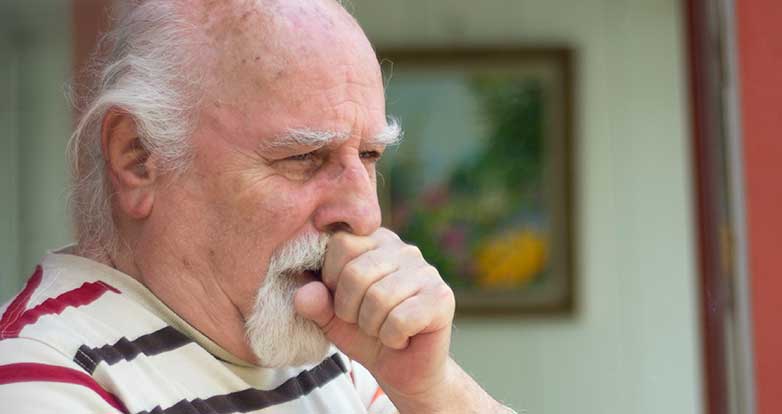COPD

Getting prepared for heat waves and poor air quality with asthma and COPD
When the heat rises and air quality drops, breathing can become a battle. For people with respiratory conditions, the poor air quality can mean more flare-ups, difficulty breathing, and a higher risk of infections. Here’s how to protect yourself when rising heat waves and changes in air quality make it harder to breathe.

How climate change and nature loss are connected to the way we breathe
How are climate change and nature loss affecting the way we breathe? Discover in this article how shifts in planetary health are impacting asthma and COPD, and why climate matters are also lung matters.

Not just a ‘smoker’s cough’: 3 symptoms that could be COPD
Even for people who smoke, respiratory symptoms are not normal or inevitable – and they could be a sign of a condition called chronic obstructive pulmonary disease (COPD).

COPD in a nutshell – 10 questions and answers about COPD
What causes COPD, what happens to your lungs and how is it treated? Here are answers to some common questions.

Exercise and COPD: five simple steps to getting started
If you are living with chronic obstructive pulmonary disease, regular exercise can help you to strengthen and open up the muscles in your chest so that you find breathing easier over time.

Care for a cleaner world – Why aiming for carbon neutral care matters, and what it means for asthma and COPD
The detrimental impact of health care on environment and climate can be mitigated through minimising greenhouse gas (GHG) emissions and offsetting – creating carbon neutral care options also for asthma and COPD.

Breathing for happiness
25 September marks World Lung Day – an important day for lung health advocacy and action. In this special feature story, we take a deep dive into the science of breathing with psychologist & researcher Emma Seppälä, Ph.D.

7 steps to getting the most out of your inhaler
There are many ways for you to control your asthma or COPD better, and one of the most important ways is using your inhaler correctly.

Best for the planet and the patient – What to know about the environmental impacts of asthma and COPD care
How sustainable is your inhaler? Respiratory specialist, Professor Christer Janson’s ground-breaking study on the environmental impacts of asthma and COPD treatments, has revealed some surprising results.

Is your COPD treatment plan up to date?
Simple adjustments can improve life with COPD. An annual check-up with a doctor is a must.
Read more


